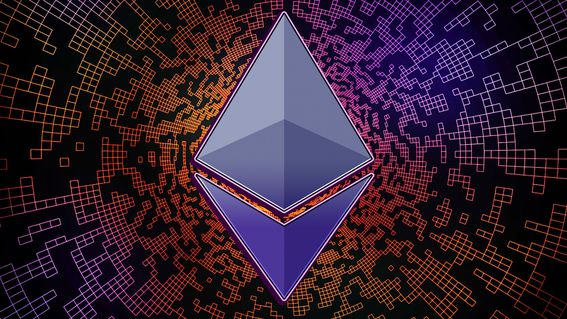
Ether (ETH) has reverted to be inflationary amid plunging activity on Ethereum, which could weigh on the token’s price, analysts say.
Network fees, a proxy for usage, plunged more than 9% this week to $22.1 million, lowest in nine months, data by blockchain analytics firm IntoTheBlock shows.
Consequently, the supply of ETH, Ethereum’s native token, has been increasing as less tokens were destroyed – burned – to verify transactions than created, Ultrasound.money data shows.
The decline in network fees is partly driven by the adoption of layer 2 networks and will likely continue in the near term, Lucas Outumuro, research head at IntoTheBlock, told CoinDesk in a Telegram chat.
“[This trend] may be putting some pressure on the second largest crypto-asset, as its supply has been growing over the past month, reverting its deflationary trend,” IntoTheBlock wrote in a report.
Ether’s deflationary narrative emerged after last year’s Merge, a major upgrade for the network that saw Ethereum transitioning from a proof-of-work consensus mechanism to proof-of-stake, profoundly altering the cryptocurrency’s supply dynamics.
During busy periods, the network burns more tokens than created, curbing its supply, which is usually considered bullish for the price. However, when network demand is low, the dynamic flips.
IntoTheBlock joined a roster of crypto observers who noted bearish developments for ETH.
JPMorgan analysts said in a report earlier this week that Ethereum’s much-anticipated Shanghai upgrade failed to boost network activity, as transaction counts, active addresses and total value locked on the blockchain have all fallen since April.
Crypto services provider Matrixport reiterated its negative outlook for the crypto asset compared to BTC in a Friday market update, citing “shockingly low revenues” and “lack of buzz” around the next protocol update. The firm forecasted earlier this month that ETH could fall to as low as $1,000 if the trend continues.
ETH has recently changed hands at $1,591 and dropped to a 14-month low price against BTC.
Edited by Aoyon Ashraf.

